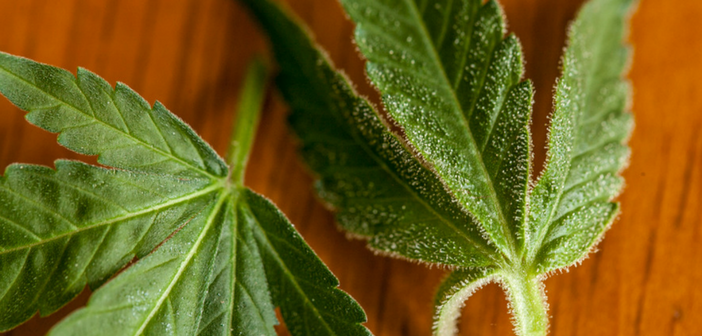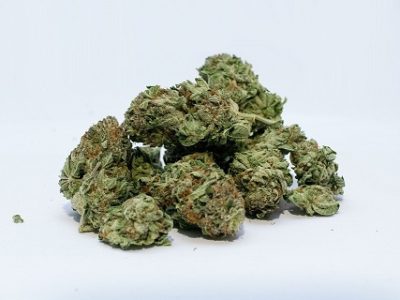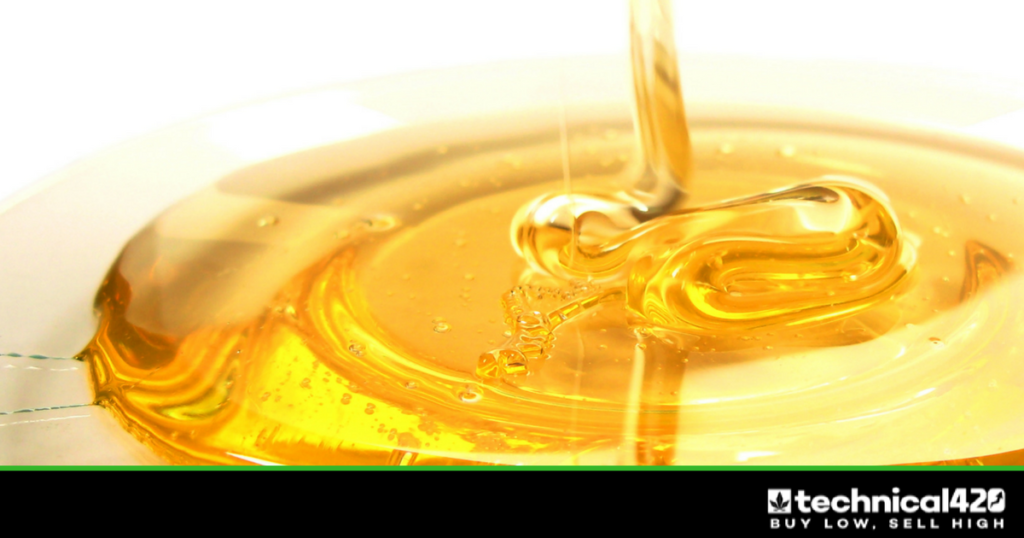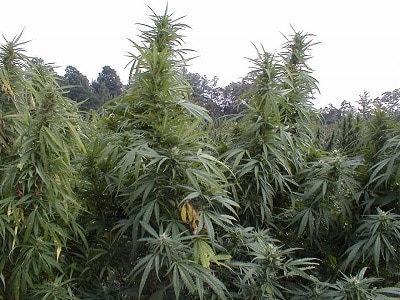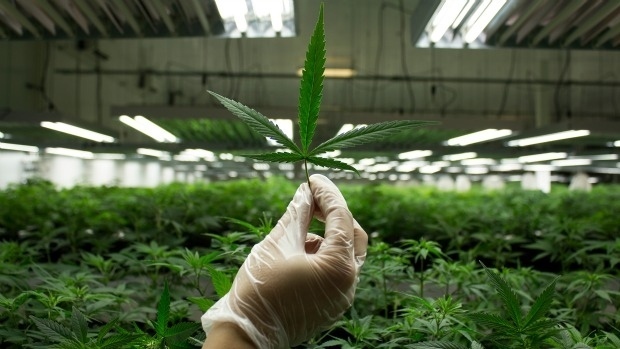The Canadian government is rapidly speeding up the issuance of cultivation licenses to marijuana producers across the country, in a move that aims to address growing concerns of a supply crunch in the legal weed market come July 1, 2018.
In the past nine days alone, Health Canada has granted five additional cultivation licenses, bringing the number of licensed marijuana producers (LPs) in the country to 50. Sundial Growers, International Herbs Medical Marijuana and Canveda Inc. were granted official permission to begin growing pot at their facilities on Monday, June 12.
“The issuance of cultivation licenses today may not even change the supply picture come July 1, 2018 at all.”
Four days later, two additional growers — Northern Lights Marijuana Company and rTrees Producers Ltd. — obtained cultivation licenses.
This is in sharp contrast to the pace at which Health Canada was issuing licenses prior to the federal government’s official announcement on the full nationwide legalization of marijuana. Between January 1 and May 31 this year, only six licenses to grow were handed out by Health Canada — in fact, in all of 2016, only 10 marijuana producers received permission to begin cultivating pot.
As VICE News recently reported, Health Canada introduced new changes to its notoriously cumbersome application process about a month ago, with the aim of clearing the backlog of more than 400 applicants aiming to become licensed producers before weed becomes legal next July.
Under the current vetting process, Health Canada will no longer physically inspect a growing facility before issuing a cultivation license. An inspection, however, WILL take place before the government issues an authorization of sale license, meaning that producers won’t be able to put their weed on the legal market until the government deems it safe for consumption.
“The issuance of cultivation licenses today may not even change the supply picture come July 1, 2018 at all,” Beacon Securities weed analyst Vahan Ajamian told VICE Money.
“It can take up to one year to get a sales authorization license. So unless Health Canada similarly speeds up the sales authorization time, it will take quite a while for newer companies to get up to speed, start selling and have any real scale.”
There are exceptions, however. rTrees Producers Ltd., the Saskatchewan-based LP that obtained a cultivation license just last Friday is a subsidiary of Canopy Growth Corporation, and will operate as Tweed Grasslands as soon as production begins.
While it will probably take some time for rTrees to obtain an authorization of sale license, there is no doubt it will have a comparative advantage over producers that obtained cultivation licenses at the same time, sheerly by being under the wing of an established grower like Canopy.
The current production levels of dried bud and cannabis oil are barely enough to sustain the 168,000 registered medical marijuana patients in Canada.
It also claimed, interestingly enough, that Health Canada will permit 7ACRES to “begin selling cannabis seeds and clones to other licensed producers”. Independent growers and prospective LPs need legally obtained “starting materials” to begin cultivation — currently less than 10 LPs offer starting materials for sale, which include seeds and live plants.
Increasing the number of producers that can legally sell Health Canada-approved starting materials has the potential to eventually boost the overall supply of weed.
Indeed, the current production levels of dried bud and cannabis oil are barely enough to sustain the 168,000 registered medical marijuana patients in Canada. Moreover, a November 2016 report by Canaccord Genuity predicts that once weed becomes legal in 2018, demand could grow to 1.8 million.
The government’s obvious concern is that if there isn’t sufficient supply of weed on the legal market, users will revert back to the black market, negating the whole point of legalization to begin with.
credit:420intel.com








